21 Savage’s third solo album, American Dream, begins with his mother, Heather Joseph, describing her family’s emigration from Britain to America during his childhood. “Every path that I walked was for my son,” she tells us. (Big Rube of Dungeon Family fame penned her introduction.) It’s a concept many others have used before, most famously by Jay-Z and his mother Gloria Carter on “December 4th” from 2003’s The Black Album.
But longtime fans worried about the Atlanta rapper veering into maudlin self-aggrandizement shouldn’t worry. “Memories in my head, God talking to me/I know Satan in my head but God walking with me,” he raps on the next track, “All of Me.” But he hastens to add, “Bulletproof my cars/Meet a homebody, fuck it, kill him in his yard.”
By now, it’s clear that there’s a stark difference between 21 Savage the wealthy musician, father of three children, and humanitarian known for his charitable works; and 21 Savage the avatar, whose deadpan boasts about murdering rivals, stunting on X bitches, and bullying snitches has thrilled listeners for nearly a decade. His assertion that these tales are informed by youthful, real-life adventures in the streets may contribute to their verisimilitude, but it doesn’t address the dissonance between his two personas, and whether his audience would accept him any other way. Jay-Z thrived in an era when rappers who hit gold were encouraged to evolve from their hustler origins and embrace less fraught themes like partying in clubs, buying expensive toys, and building successful businesses. Today, it seems artists who attempt to break character — see Gucci Mane, Killer Mike, T.I., and other rehabilitated trappers — risk losing hardcore fans turned off by anything that smacks of pop compromise.
Part of 21 Savage’s appeal is that he’s a confident performer who, for the most part, doesn’t feel it’s necessary to justify why he inhabits a role that has little relation to his current life. He’s good at playing a tough guy and he knows it. That sense of purpose fuels American Dream, even when the production flags or his choruses don’t quite hit their marks. You may be right to assume this is his Sylvester-Stallone-in-Cliffhanger phase, with 21’s most important work — the breakout moment that was 2016’s Savage Mode collab with Metro Boomin, the two-fisted bumrush of 2017’s Issa Album as well as Without Warning with Metro and Offset — largely in the rear view. Yet he’s still capable of giving you what you’ve come to expect.
American Dream is garlanded with dreamily rendered samples, a technique used to much better effect here than Her Loss, 21 Savage’s desultory and divisive 2021 collaboration with Drake. Both the “American Dream” intro and “All of Me” share connective tissue in Rose Royce’s “Wishing on a Star.” The murderous “Redrum” leans on Elza Laranjeira’s “Serenata Do Adeus.” “Should’ve Wore a Bonnet” surfs on a loop of Mary J. Blige’s “I Don’t Want to Do Anything.” Meanwhile, a reunion with Metro Boomin on three tracks peaks with “Pop Ur Shit,” a snapping session that utilizes a previously unreleased verse from imprisoned rapper Young Thug and sounds hard as nails. Most of American Dream’s cuts feature guests: Doja Cat sashays with whispery adlibs on “N.H.I.E.,” and Lil Durk shoots up “Dangerous.”
The album’s success centers on 21 Savage’s uninhibited, Lil Wayne-like punchlines. “Head so good she could eat ice cream with a straw/I’m too fertile to be goin’ in you raw,” he crows on “Sneaky.” But some of the choruses, like “Pop Ur Shit” feel underwritten, perhaps making them more effective to chant along with during his arena shows. He overuses the phrase “stand on business” on multiple tracks such as “All of Me” and “Letter to My Brudda,” the latter of which pays tribute to Thugger and seems to take aim at onetime Young Thug/YSL associate Gunna. “How you go from codefendant to a fuckin’ witness?” he asks, referring to the circumstances behind Gunna’s guilty plea in the ongoing YSL legal drama.
Incidentally, there’s one sop for all the kids hoping to follow in 21’s footsteps of hustling in the streets, earning enough money for professional studio time, then scoring a ticket out of the trap with a viral hit or two. “This for all the teenagers that wanna gun tote,” he raps on “Dark Days” as Mariah the Scientist croons the chorus. “I know it might sound lame, but just stay in school.” He’s right…it sounds a bit corny, if not necessarily as jarring as, say, Durk and J. Cole’s kid friendly “All My Life” hit last year. Wisely, 21 saves “Dark Days” for the end of American Dream, closing the album with a life-affirming if not entirely convincing moment.
One of 21 Savage’s unheralded strengths is that he knows how to create compelling albums with de rigueur elements. There’s the expected collection of bold-faced names, including Travis Scott on “Née-Nah”; a WTF surprise cameo from a major pop star like Doja Cat; and an Afrobeats collaboration, courtesy of Burna Boy, on “Just Like Me.” In a less capable artist’s hands, American Dream could come off like industry hackwork. One gets the sense that 21 remains on top of his game even if he’s not quite pushing himself.
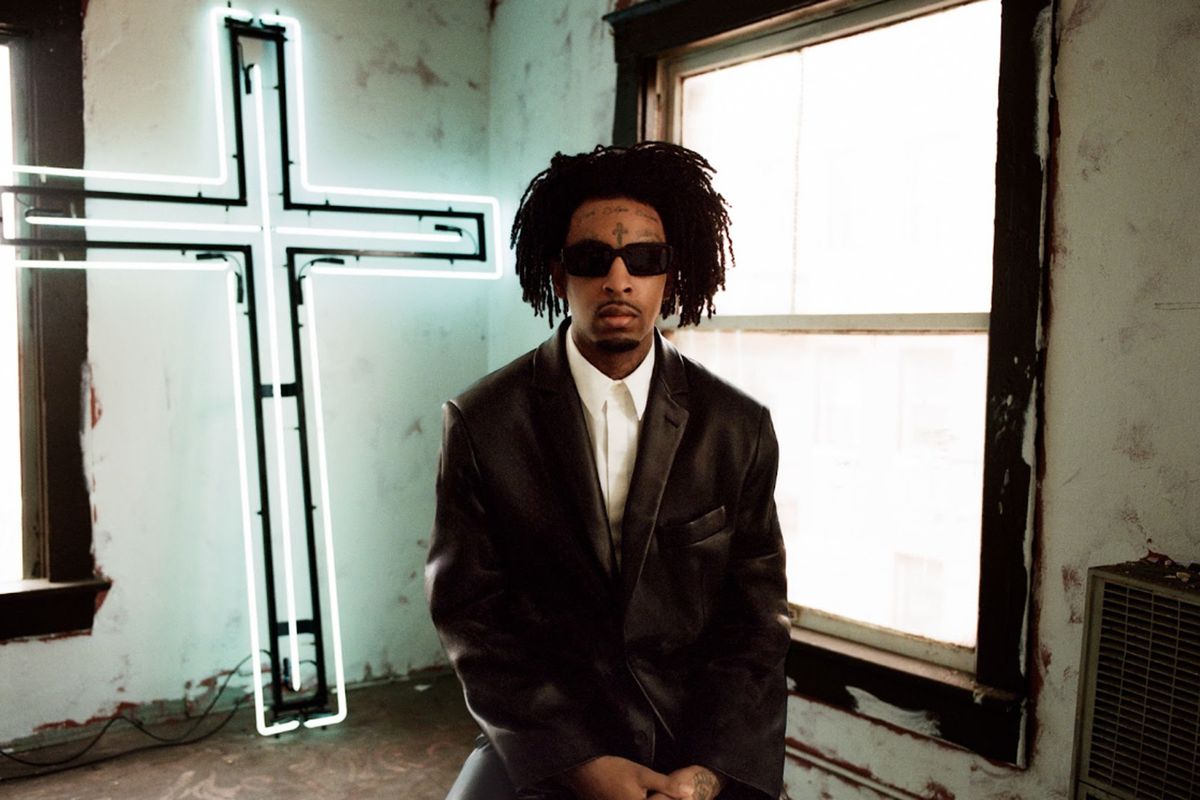





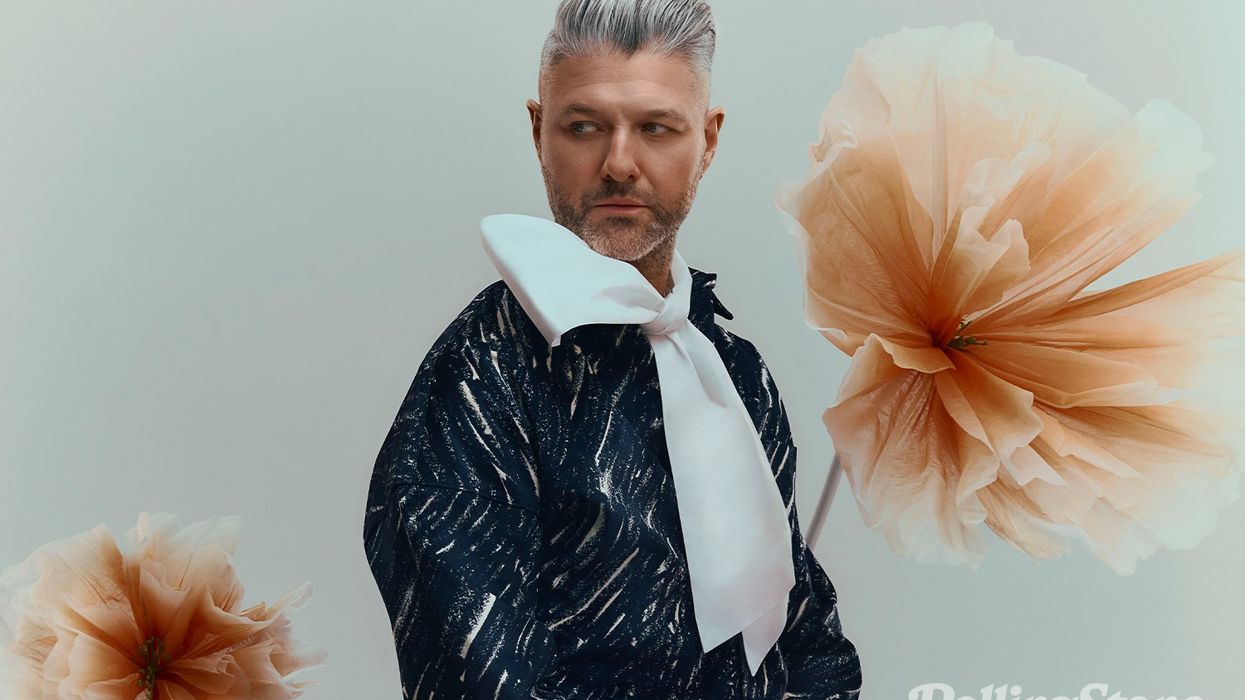
 Coat (polyester and wool), shirt (silk), Dries Van Noten, SSENSE.com / Flower (silk), M&S Schmalberg
Coat (polyester and wool), shirt (silk), Dries Van Noten, SSENSE.com / Flower (silk), M&S Schmalberg
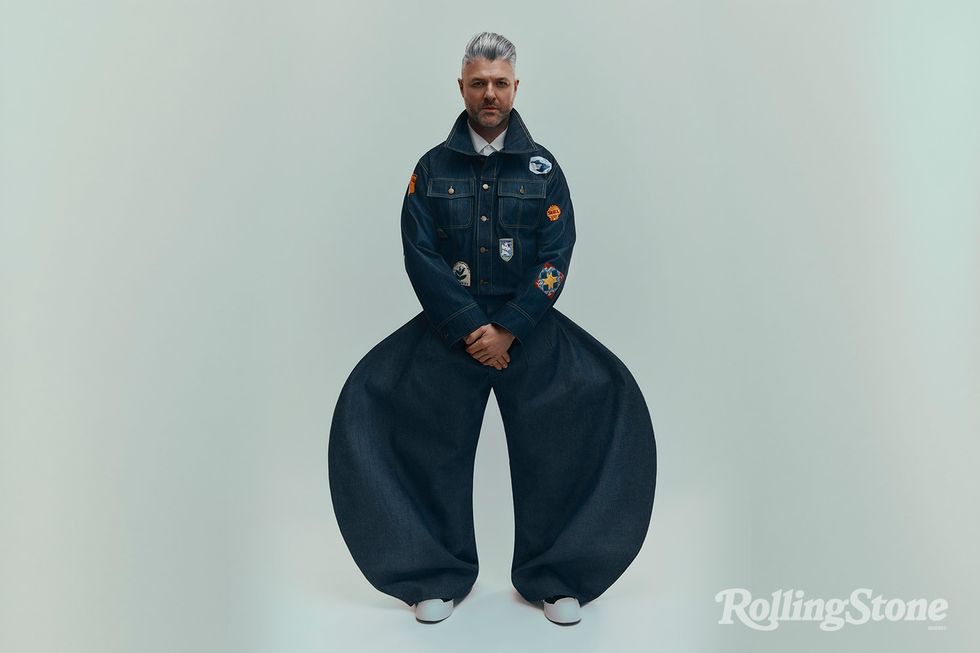 Blouson (denim and hand embroidered patches), WJ Crosson / Shit (polyester), Homme plissé Issey Miyake, Holt Renfrew/Pants from personal collection/ Shoes(canvas), Marni
Blouson (denim and hand embroidered patches), WJ Crosson / Shit (polyester), Homme plissé Issey Miyake, Holt Renfrew/Pants from personal collection/ Shoes(canvas), Marni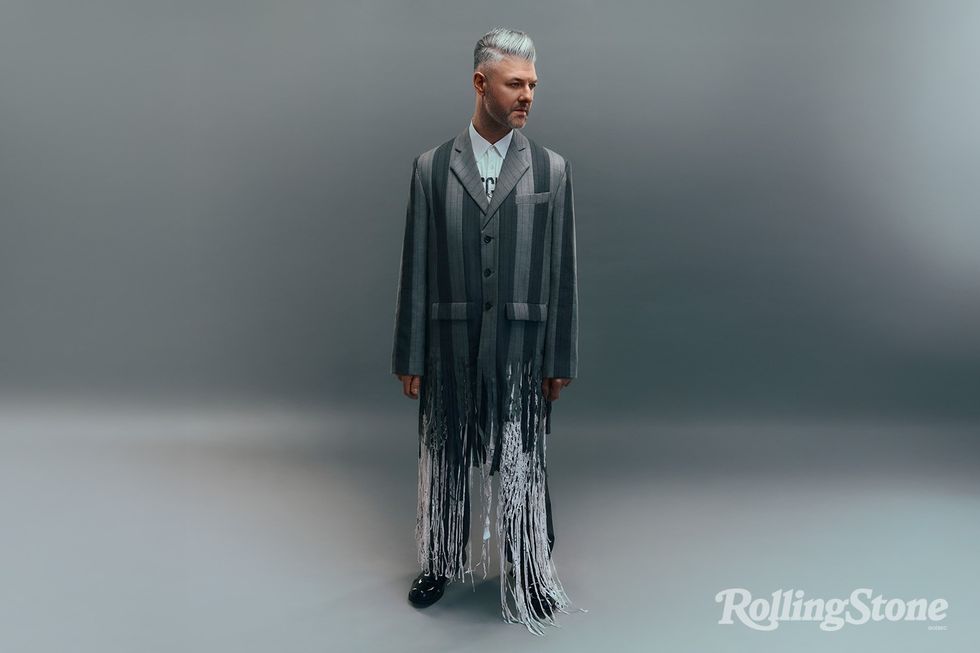 Jacket and pants (virgin wool), shirt (acrylic coated cotton), Moschino / Shoes from Pierre Lapointe's personal collection
Jacket and pants (virgin wool), shirt (acrylic coated cotton), Moschino / Shoes from Pierre Lapointe's personal collection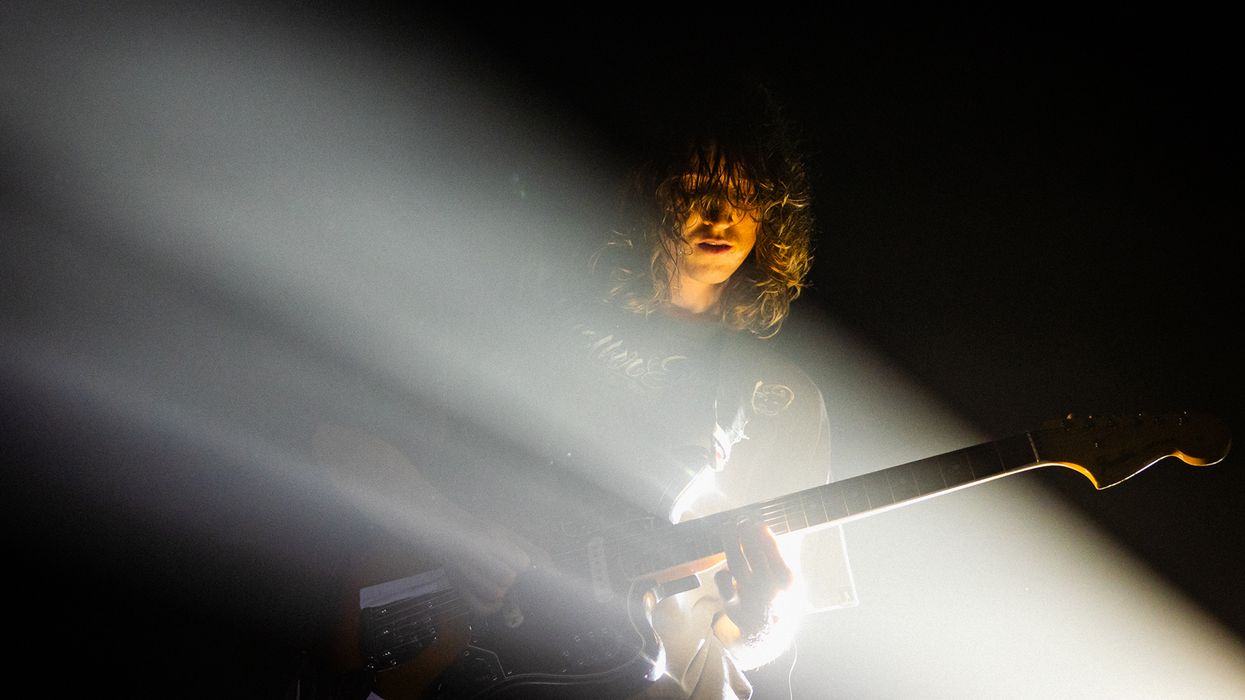
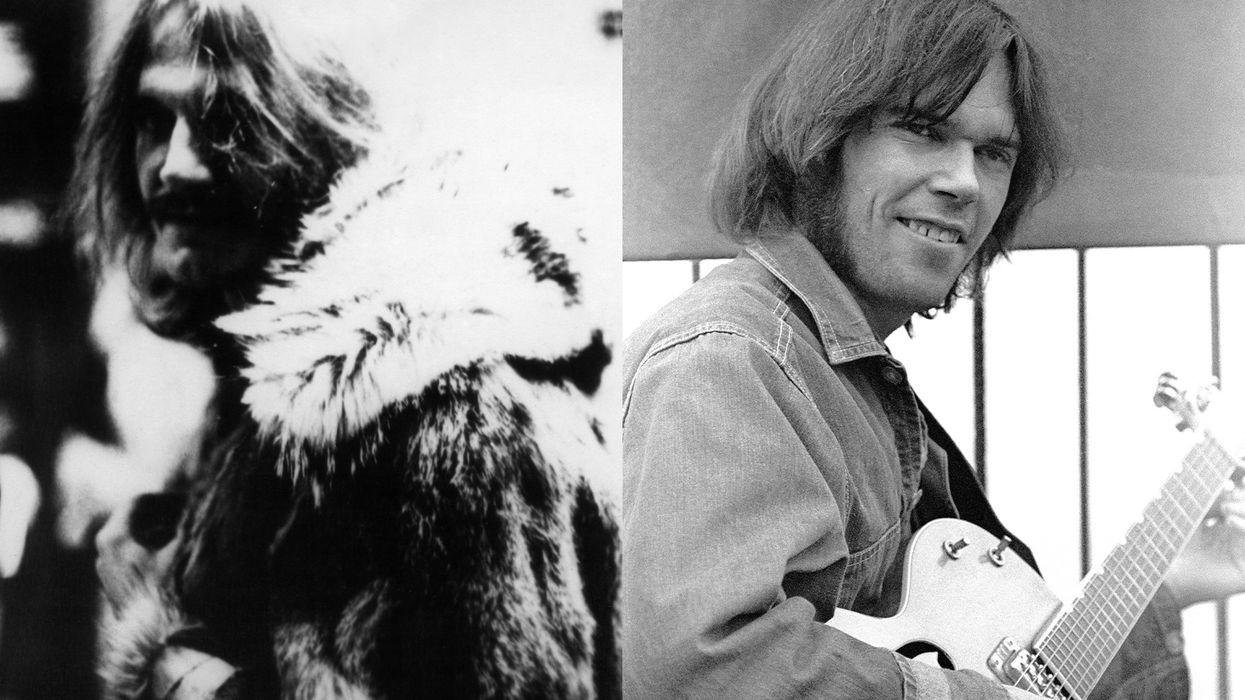
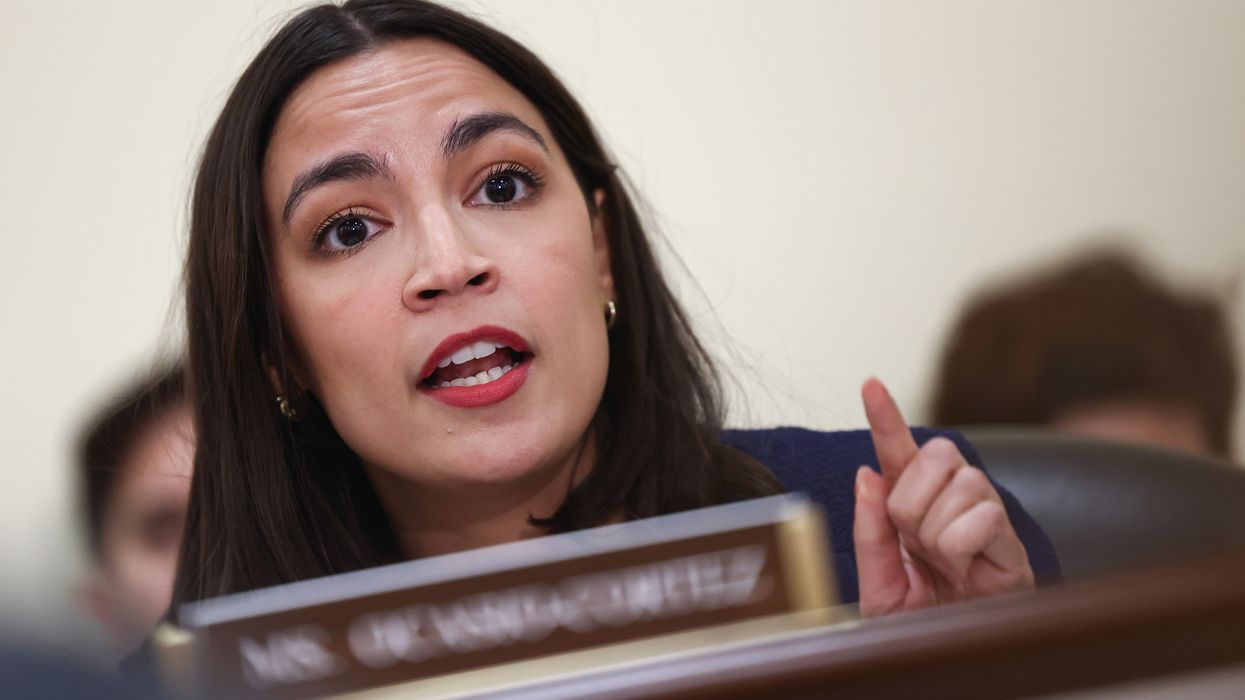
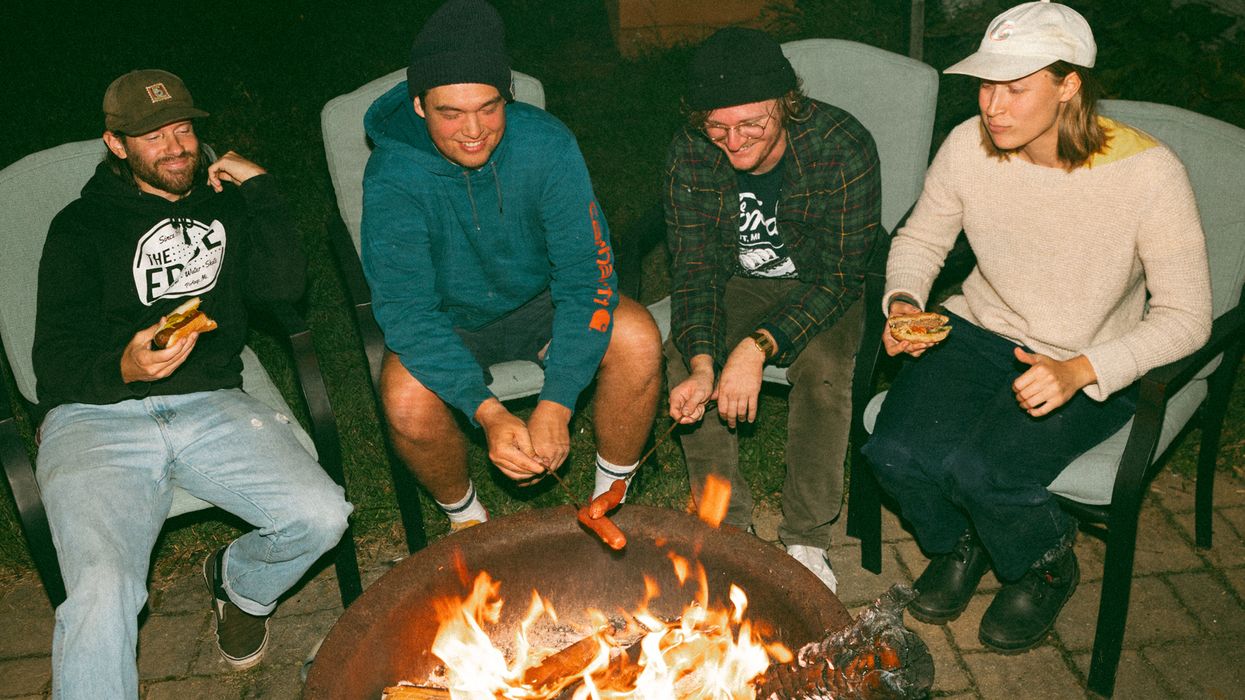
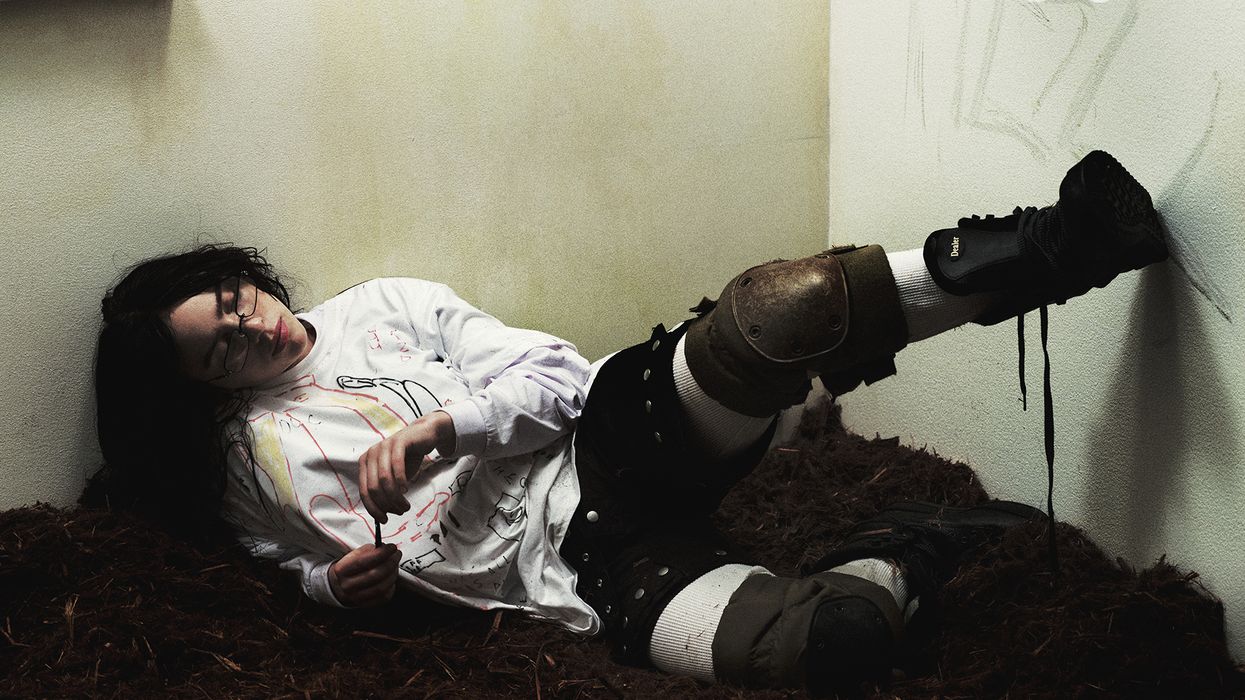

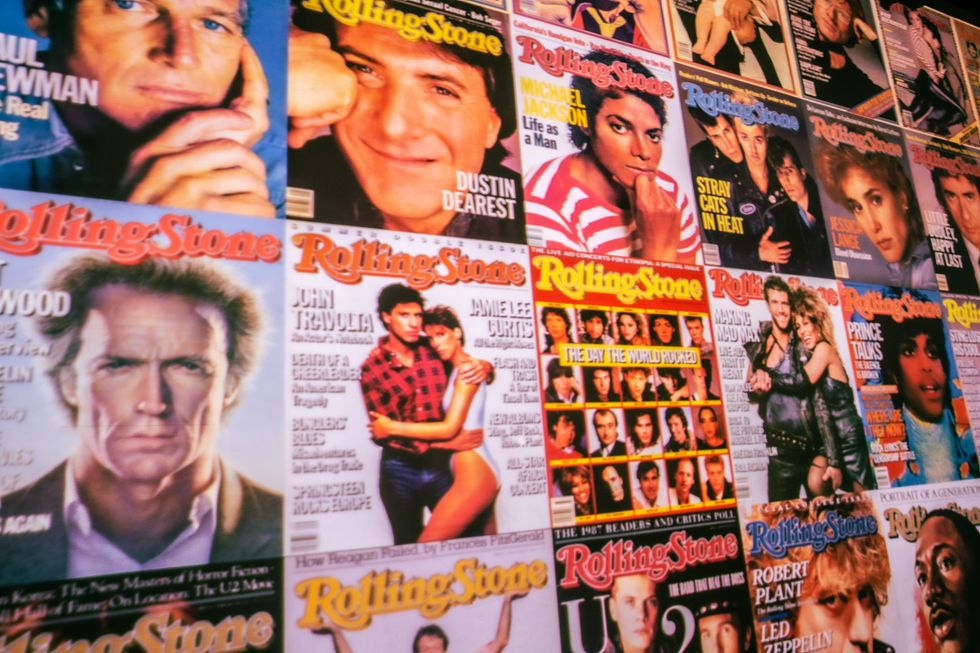
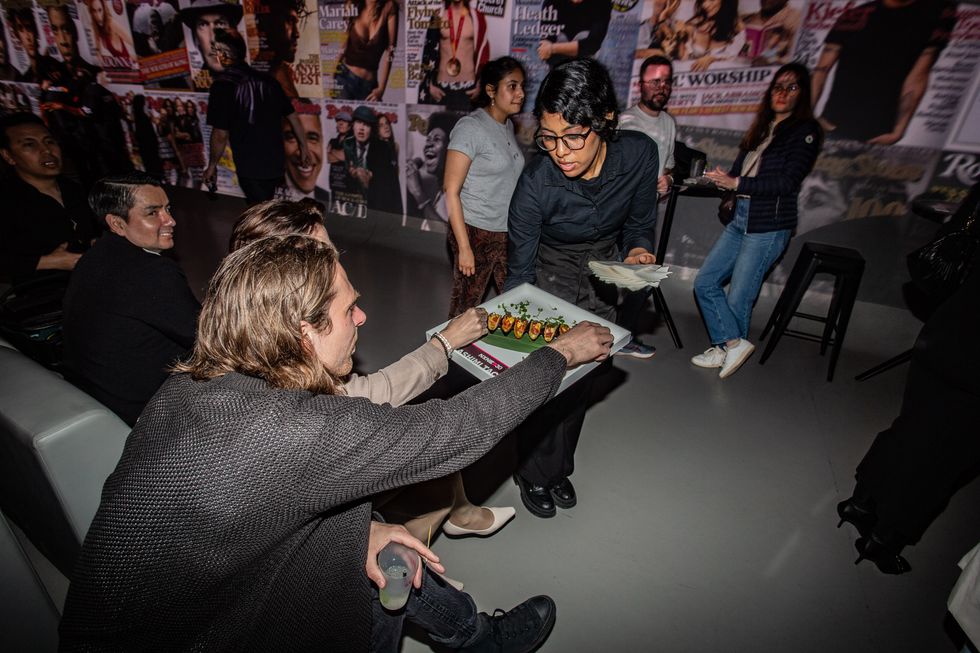 Catering Presented By The Food DudesPhoto by Snapdrg0n
Catering Presented By The Food DudesPhoto by Snapdrg0n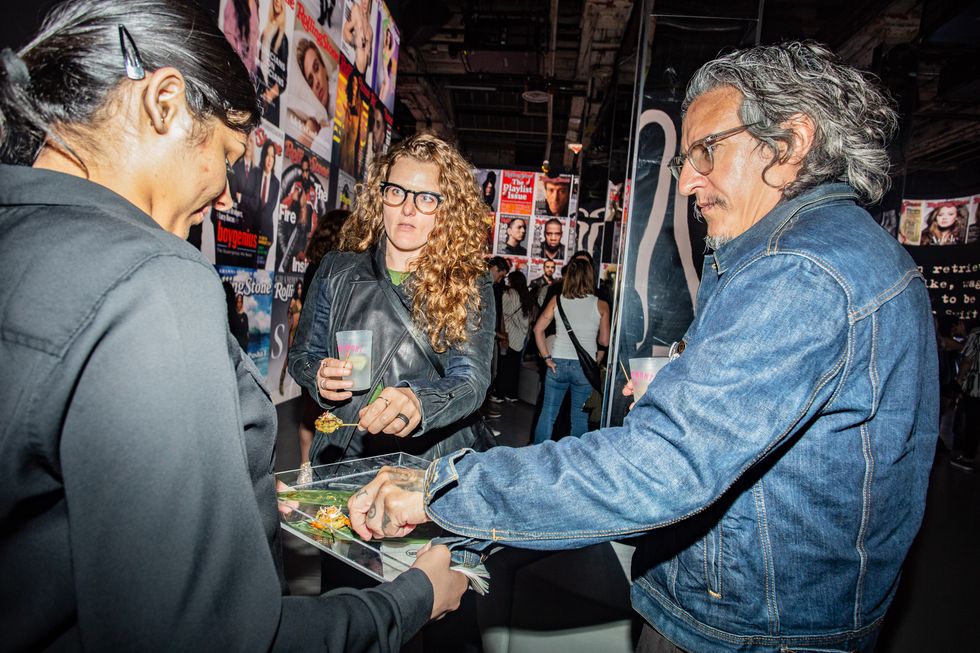 Catering Presented By The Food DudesPhoto by Snapdrg0n
Catering Presented By The Food DudesPhoto by Snapdrg0n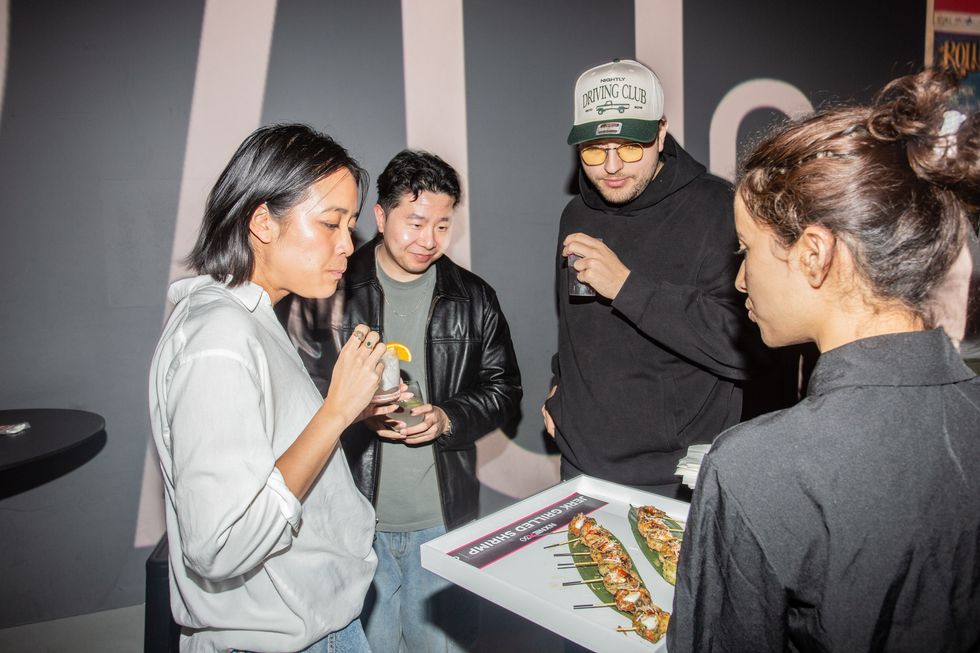 Catering Presented By The Food DudesPhoto by Snapdrg0n
Catering Presented By The Food DudesPhoto by Snapdrg0n
 Photographer: Raphaëlle Sohier / Executive production: Elizabeth Crisante & Amanda Dorenberg / Design: Alex Filipas / Post-production: Bryan Egan/ Headpiece: Tristan Réhel
Photographer: Raphaëlle Sohier / Executive production: Elizabeth Crisante & Amanda Dorenberg / Design: Alex Filipas / Post-production: Bryan Egan/ Headpiece: Tristan Réhel Photo: Raphaëlle Sohier
Photo: Raphaëlle Sohier Photo: Raphaëlle Sohier/ Photo production: Bryan Egan/ Blazer:
Photo: Raphaëlle Sohier/ Photo production: Bryan Egan/ Blazer:  Photo: Raphaëlle Sohier/ Blazer: Vivienne Westwood/ Skirt :
Photo: Raphaëlle Sohier/ Blazer: Vivienne Westwood/ Skirt : 

